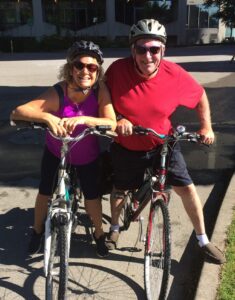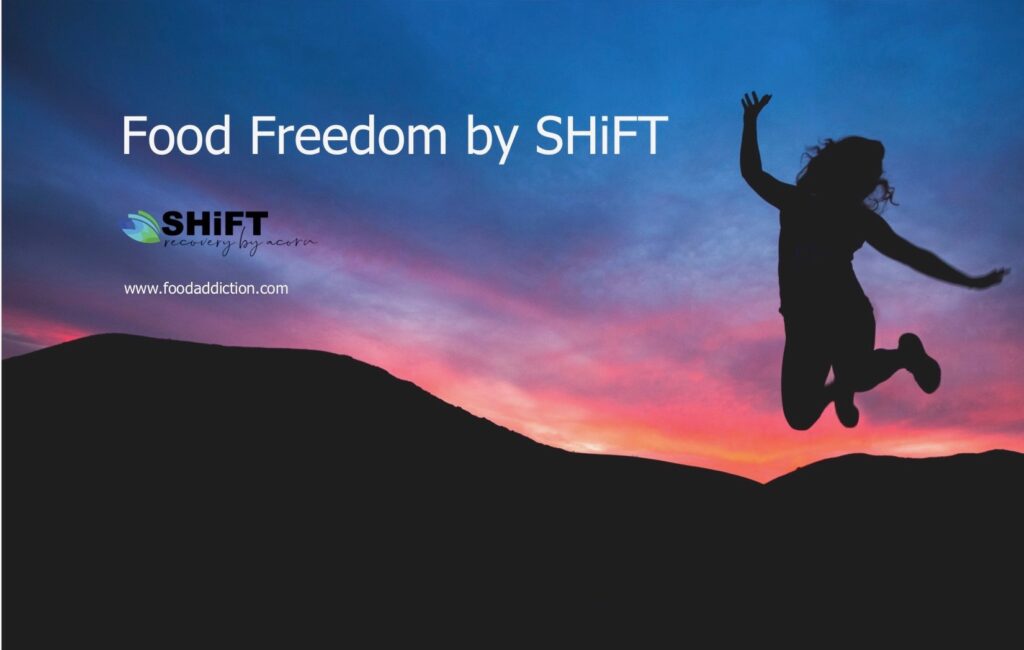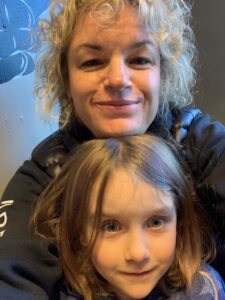
It’s not something we’re taught in school. Our families don’t usually tell us how to do this and it’s one of the hardest things for those who are food dependent to do. I’m talking about asking for help.
When I say that, I don’t mean expecting others to save or cure you. I mean genuinely asking for assistance to help you with something that’s important to your recovery such as finding someone to commit your food to or a sponsor to help you work the steps.
For those who are new to recovery, asking for help can be a truly frightening experience. Some grew up in homes where asking for help was not okay. Others were yelled at or called weak when they requested assistance. A few were even punished.
Many who are food dependent believe that they “should” be able to get into and stay in recovery without any help at all. Some think that if they just try harder, they will be able to figure things out. Almost all doubt that they even need help. This couldn’t be further from the truth.
Every single food dependent person I have worked with has needed help. In fact, every food dependent person I have ever known has needed help to get and stay in recovery. It is just not possible to work a recovery program alone.
Think of it this way. The only perspective and information a food dependent person has is what’s in their mind. That mind is preoccupied with thoughts of food and weight loss and does not yet know how recovery works. How can this mind, all by itself, figure out recovery?
Would you presume to know how to fly a plane, write a book, change a tire, or even drive a car without help from someone who knew how to do these things? Of course not. It’s the same thing with recovery.
If those who are food dependent are going to find and maintain recovery, they need to reach out and ask for help.
So, go ahead. Take a deep breath and ask! If the answer isn’t the one you wanted, move on to the next person and keep trying. You’re worth it and so is recovery!

 Karla likes to garden.
Karla likes to garden.

 You may have been hearing a lot from us about our new Food Freedom Program which launches on July 27. We are super excited about this new self-paced, online program that helps those who are struggling with weight, food, and body issues.
You may have been hearing a lot from us about our new Food Freedom Program which launches on July 27. We are super excited about this new self-paced, online program that helps those who are struggling with weight, food, and body issues. Today, I am truly living a food freedom life. After losing half of my body size, I am now at a healthy weight and I am able to do all of the things I love to do, most among them is to play with my amazing niece Georgia – you knew I was going to get her in here somehow!
Today, I am truly living a food freedom life. After losing half of my body size, I am now at a healthy weight and I am able to do all of the things I love to do, most among them is to play with my amazing niece Georgia – you knew I was going to get her in here somehow! At SHiFT, we have a long history of helping people with food, weight and body issues. We have 25 years of success in supporting people in rising up and out of the depths of food addiction. We are grateful for the work we do and yet we still see so many people struggling with food and eating issues who aren’t physically addicted to food.
At SHiFT, we have a long history of helping people with food, weight and body issues. We have 25 years of success in supporting people in rising up and out of the depths of food addiction. We are grateful for the work we do and yet we still see so many people struggling with food and eating issues who aren’t physically addicted to food.